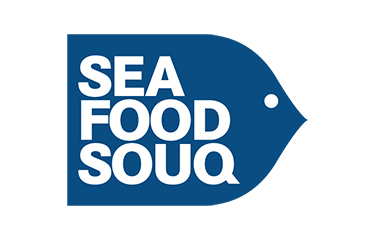Online seafood market company Seafood Souq is considering an expansion of its operations in the Middle East, in response to what it says has been an incredible company performance in the past year.
Souq, which recently made a foray into the global seafood traceability market with the introduction of the “SFS trace” – an information platform that ensures value, traceability, and transparency in the United Arab Emirates (UAE) seafood industry – says there are plans to expand its reach across the Cooperation Council for the Arab States of the Gulf, or GCC, market by the third or fourth quarter of 2020.
Company Chief Executive Officer Sean Dennis told Arabian Business about a possible expansion, which would likely occur by the end of 2020 and would mainly target GCC countries such as Oman and Saudi Arabia. Other GCC countries include Bahrain, Qatar, and Kuwait.
The seafood market in these countries and others in the Arab Gulf regions has, according to the Food and Agriculture Organization (FAO), seen strong growth and “demand for additional supplies of seafood products which as in several countries in the region have given an impetus to increase supplies to the local fish markets.”
“All indications show that this development in increased demand for seafood commodities has no chances to be reversed, not only in the Arab Gulf States, but worldwide, and it is bound to increase in the years to come,” the FAO said.
For Seafood Souq, the potential for growth in the Arab Gulf seafood market provides an ideal opportunity to entrench the company’s technological innovation, and be part of the region’s increasing “drive to create value,” according to chairman Fahim Al Qasimi.
Although Qasimi was cautious on short-term fundraising through an initial public offering (IPO), he said the company’s good performance in the last year has “proved that you can build technology out of this region that is not mimicking technology from somewhere else.”
“My dream is to be the first such technology company to [offer] an IPO,” Qasimi said.
Moreover, to endear Seafood Souq to a larger regional market, the company has previously made entry into the global food certification space to help the Arab Gulf States comply with the internationally accepted food laws that make trade in seafood easier. It has also embraced fisheries control practices that promote sustainability, and a transparent seafood marketing culture.
Although food certification in the Middle East is still in its early phases, Seafood Souq said it is optimistic technology will enable the region’s seafood suppliers and consumers to track products from harvest through packaging, transport, and delivery – sometimes in real time.







